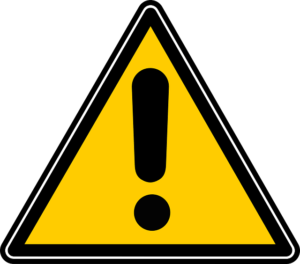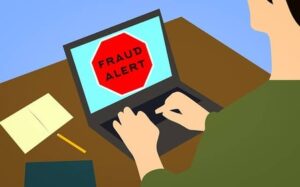Safeguarding Against VA Home Loan Scams: A Definitive Guide
Table of Contents
- Introduction
- Understanding VA Loans and Their Benefits
- Identifying Common VA Loan Scams
- Warning Signs of VA Loan Fraud
- Practical Tips to Avoid VA Loan Scams
- What to Do If You Suspect a VA Loan Scam
- Conclusion
1. Introduction
Veterans and active-duty military personnel can benefit from VA loans, but they also face the risk of falling victim to various scams. This definitive guide offers comprehensive information on understanding VA loans, identifying common scams, recognizing warning signs, and adopting practical measures to protect yourself. Additionally, we provide guidance on what to do if you suspect a VA loan scam.
2. Understanding VA Loans and Their Benefits
VA loans are a valuable resource for veterans, active-duty military personnel, and eligible surviving spouses, offering numerous advantages:
- No down payment requirement
- No private mortgage insurance (PMI)
- Competitive interest rates
- Lenient credit requirements
Working with a reputable lender and being aware of potential scams are essential for a successful VA loan experience.
3. Identifying Common VA Loan Scams

Be vigilant and watch out for the following common VA loan scams:
3.1 Refinancing Scams
Scammers often target veterans with attractive refinancing offers that seem too good to be true. They may:
- Send unsolicited offers for a VA Interest Rate Reduction Refinance Loan (IRRRL)
- Promise exceptionally low interest rates or no closing costs
- Use high-pressure sales tactics
3.2 Loan Modification Scams
These scams involve deceptive individuals or companies offering to modify your VA loan terms, often for an upfront fee. Signs of a loan modification scam include:
- Guarantees to stop foreclosure or lower your monthly payments
- Requests for upfront fees before providing services
- Instructions to avoid contacting your lender or VA directly
3.3 Foreclosure Rescue Scams
These scams prey on veterans facing foreclosure, offering false promises of assistance in exchange for money or personal information. Warning signs include:
- Requests for upfront fees to “save” your home from foreclosure
- Promises to negotiate with your lender on your behalf
- Advice to transfer your property deed or title
4. Warning Signs of VA Loan Fraud

Be aware of these warning signs to detect potential VA home loan scams:
- Unsolicited offers, especially if they involve high-pressure sales tactics or seem too good to be true
- Upfront fees for services
- Guaranteed loan approval without evaluating your credit and financial situation
- Requests for personal information without a legitimate reason
5. Practical Tips to Avoid VA Loan Scams
Take these practical steps to protect yourself from VA loan scams:
- Choose a reputable lender: Work with a lender that has a strong reputation for serving veterans and military families.
- Verify the lender’s credentials: Check their NMLS ID, BBB ratings, and state licensing agencies
- Do your research: Compare multiple loan offers and interest rates from various lenders to ensure you are getting the best deal.
- Be cautious of unsolicited offers: Be skeptical of unsolicited loan offers and high-pressure sales tactics.
- Never pay upfront fees: Legitimate lenders and loan modification services will not ask for upfront fees.
- Protect your personal information: Do not share sensitive personal information unless you have verified the legitimacy of the lender or service provider.
- Consult with trusted professionals: Seek advice from trusted financial advisors, attorneys, or VA representatives when in doubt.
6. What to Do If You Suspect a VA Loan Scam

If you suspect a VA loan scam or have been a victim, take the following steps:
- Cease communication: Immediately stop any communication with the suspected scammer.
- Document everything: Keep a record of all conversations, emails, and documents related to the scam.
- Report the scam: Contact your local law enforcement agency, the Federal Trade Commission (FTC), and your state’s attorney general’s office to report the scam.
- Alert the VA: Notify the VA of the suspected scam by contacting the VA Regional Loan Center.
- Monitor your credit: Keep an eye on your credit reports and consider placing a fraud alert or credit freeze if necessary.
7. Conclusion
VA home loans offer significant benefits to eligible veterans and military families, but they also come with the risk of scams. By understanding the common types of VA loan scams, recognizing warning signs, and implementing practical tips to avoid fraud, you can protect yourself and enjoy the advantages of a VA loan. If you suspect a scam, take immediate action to report it and safeguard your financial wellbeing.



